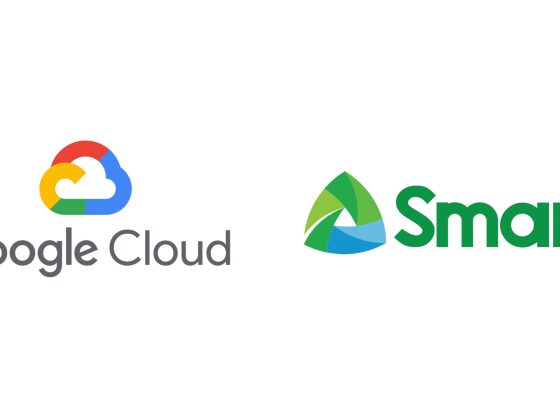In the summer of 2021 Google Cloud Public Sector commissioned Ipsos to ask researchers in educational institutions around the world about their use of cloud computing. The study aimed to measure awareness and usage of Google Cloud, as well as other cloud providers, in order to assess the benefits and challenges of cloud integration. To that end, Ipsos surveyed Principal Investigators (PIs) and non-PI researchers as well as research IT directors across 33 disciplines, including computer science, physical science, life science, and social science. It included respondents from the United States, Canada, Colombia, Argentina, Mexico, United Kingdom, France, Spain, Germany, Norway, Finland, Sweden, Singapore, Indonesia, and Australia. The result? Among global researchers, Google Cloud has the highest awareness, use, and favorability versus other major cloud vendors.
Here are four main takeaways from the survey:
From our partners:
- Google Cloud leads in platform usage across markets. Survey respondents in all regions report using Google Cloud more than other major cloud vendors.
- Around the world, researchers say they are as likely or more likely to use Google Cloud in the next 12 months than any other platform.
- Google Cloud’s AI solutions are especially popular in Latin America. Latin America has the highest usage of machine learning/AI solutions compared to the other regions, with 59% of survey respondents reporting that they currently use them.
- Globally, researchers value that Google Cloud is easy to use and powerful. Across all regions, a majority of respondents said Google Cloud is “easy to use,” “has features that meet my needs,” and “can handle large queries.” Many customers appreciate Google’s serverless analytics, where they don’t have to reserve resources in advance, and AutoML tools, which help them build machine-learning models faster.
Here are some of the groundbreaking global research projects now underway on Google Cloud:
- The Rubin Observatory in Chile is unlocking solar system insights with Google Cloud and ushering in a new era in large-scale scientific computing astronomy workloads.
- At Natural Resources Canada (NRCan), researchers are partnering with Climate Engine, a Canadian company using geospatial AI tools and Google Earth’s satellite data, to deliver innovative digital solutions for sustainable development.
- The Biomedical Informatics (BMI) Group at ETH Zurich (Swiss Federal Institute of Technology) uses Google Cloud Storage to manage genomic sequencing data and Compute Engine’s Virtual Machine (VM) instances to process them. Their flexible solution, called the Metagraph Project, is able to process four petabytes of genomic data, making it the largest DNA search engine ever built.
The data speaks for itself when it comes to researchers’ awareness of and satisfaction with Google Cloud. Learn why researchers are choosing Google Cloud to accelerate their research with our flexible, innovative, and easy-to-use technology. Check out our prototyping tool, RAD Lab, and apply to become a Google Cloud Research Innovator. To ramp up your own research project with Google Cloud, apply now for free credits in select countries.
Research methodology: A 20-minute online survey was conducted by Ipsos Poll on behalf of Google Cloud among Cloud research audiences (PIs, non-PIs, and Research IT Directors) in higher education across different regions around the world. Researcher audiences covered 33 disciplines in computer science, physical science, life science, and social science. Researchers were based in North America, LATAM , EMEA , and APAC. To qualify, respondents had to use or plan to use a cloud platform (beyond storage only) in the next 12 months.
By: Nicole DeSantis (Google for Education Marketing)
Source: Google Cloud Blog
For enquiries, product placements, sponsorships, and collaborations, connect with us at [email protected]. We'd love to hear from you!
Our humans need coffee too! Your support is highly appreciated, thank you!








